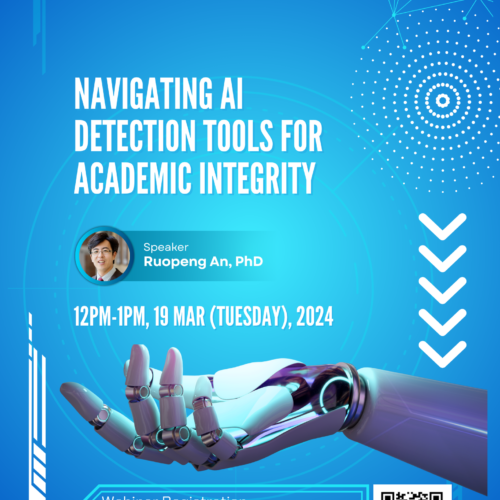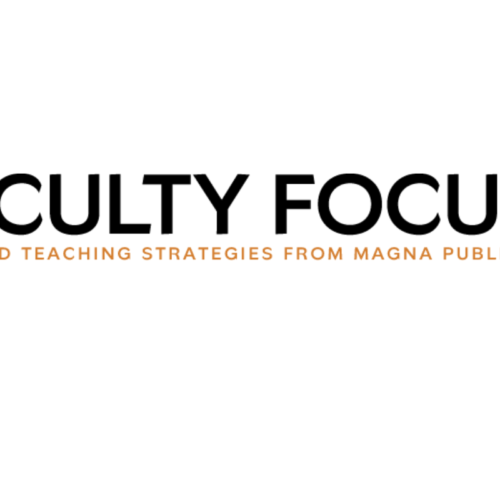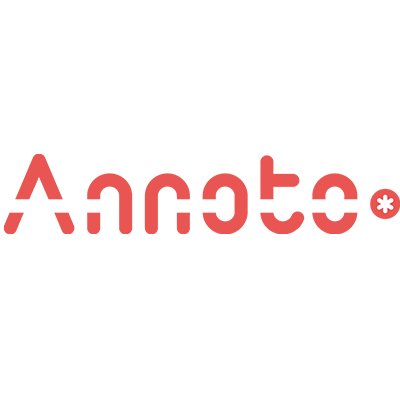Listen and Learn: Podcasts About Teaching in Higher Ed
Podcasts are a great way to enhance your teaching skills, learn new techniques that boost student engagement, and improve your understanding of the learning process. In addition, many of these podcasts help you connect with a broad community of professors and faculty developers and provide an opportunity to explore evidence-based practices that can make you a more effective and more efficient teacher.
Here are four podcasts that I both enjoy and learn from. If anyone has suggestions for other podcasts in this genre, I’d love to hear about them. efournier@wustl.edu
Lecture Breakers
Lecture Breakers is produced by Barbi Honeycutt. Dr. Honeycutt is an experienced faculty developer, consultant, and author of 7 books including: Flipping the College Classroom: Advice from Faculty. The goal of her podcast is to “inspire college professors, educators, and instructors to break up their lectures, increase student engagement, and improve learning”. Most of the nearly 70 episodes focus on practical tips and ideas that faculty can implement quickly. Early episodes focused on face-to-face teaching, but like many of us, she has pivoted and in recent months most of the episodes focus on making online teaching as engaging as possible. A bonus is that each episode is accompanied by free, downloadable show notes that include resources, transcript and links to more information.
Tea for Teaching
The Tea for Teaching podcast is hosted by John Kane (an economist) and Rebecca Mushtare (a graphic designer). John and Rebecca run the Center for Excellence in Learning and Teaching at the State University of New York at Oswego. This podcast is a series of informal discussions of innovative and effective practices in teaching and learning. They have produced over 170 episodes since 2017, most featuring interviews/discussions with a variety of guests. Some episodes focus on practical teaching advice, while others focus on bigger ideas in higher education. In June 2020 they began a “pedagogies of care” series that included 10 episodes that focused on how to incorporate empathy and care into teaching practice. They also hosted a recent episode that focused on the topic of faculty burnout amid these challenging times.
Leading Lines
Leading Lines is run by Derek Bruff (Director of Vanderbilt University’s Center for Teaching). Dr. Bruff is also the author of Intentional Tech: Principles to Guide the Use of Educational Technology in College Teaching, and as one might expect the focus of his podcast is educational technology. He describes the podcast as, “we explore creative, intentional, and effective uses of technology to enhance student learning, uses that point the way to the future of educational technology in college and university settings. Through interviews with educators, researchers, technologists, and others, we hope to amplify ideas and voices that are (or should be!) shaping how we think about digital learning and digital pedagogy”. The podcast began in 2016 and now features nearly 100 episodes. Topics range from course design to media literacy to issues related to student workload and overall wellbeing.
Teaching in Higher Ed
The Teaching in Higher Ed podcast is produced and hosted by Bonni Stachowiak. The podcast focuses on topics such as excellence in teaching, instructional design, open education, diversity and inclusion, productivity, creativity in teaching, educational technology, and blended learning. She describes her podcast as a “space where we explore the art and science of being more effective at facilitating learning. We also share ways to increase our personal productivity, so we can have more peace in our lives and be even more present for our students”. With over 350 episodes, this is one of the most extensive and comprehensive podcasts out there. A nice feature is that the episodes are organized by topic and are searchable by guest and topic. Recent episodes include: “Filling the equity gap in STEM fields”, “Designing authentic assignments”, and “Relationship rich education”.




